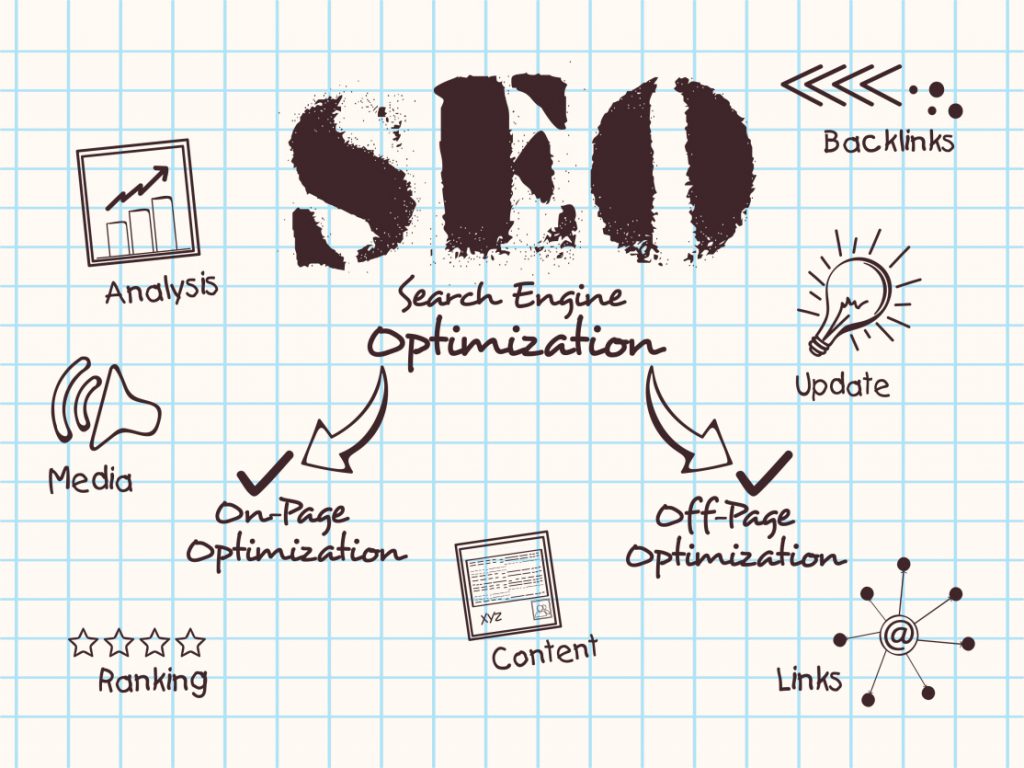Just as real estate professionals are struggling to understand what defines advances in efficiency and smart-home technology, appraisers are also working to help define and quantify what this trend means for home sales now and in the near future.

Today, more and more homes are being built or retrofitted as “green” or “high-performance” properties. But what exactly qualifies a home as truly green, and how are these new features recognized in the marketplace? Real estate professionals, appraisers, and even some home owners are asking these questions, and The Appraisal Foundation is attempting to answer them as part of a five-year partnership with the U.S. Department of Energy.
What Exactly Is a Green Home?
Simply put, a green or high-performance home is one designed to use less energy or water or improve indoor air quality. However, just because a home has new windows or low-flow water features doesn’t make it automatically “green” or “high-performance.” Such descriptors are usually reserved for properties that have a combination of a wide variety of features.
The spectrum of energy-efficient characteristics a home may possess can make the appraisal process complicated. A number of rating and certification systems have emerged in recent years that can help identify these types of properties. However, ratings can’t catch everything; most residential properties currently have green or high-performance elements that haven’t been documented by such programs and therefore may be difficult to identify. This makes a real estate professional’s communication with an appraiser even more vital in such transactions.
For homes with green or high-performance features, appraisers need to answer more than just the simplistic question of whether they are green or high-performance homes. They want to understand the features that make it green or efficient. They also need to know how green the property is relative to what buyers in this particular marketplace are expecting.
This is why the actual terms “green” and “high performance” are not the most important concern. Instead, the appraiser’s job is to note the features a property has, understand how the market values those features, and determine whether those features have any particular relevance to their appraisal assignment.

How Do Appraisers Recognize These Features?
Appraisers might identify the high-performance features of a property through a wide variety of sources: the review of building plans and specifications, permits, MLS information, and interviews with property owners and occupants, among others. Appraisers may also observe green features first-hand when inspecting a property. They might also look at third-party sources, including ratings and certifications from Energy Star (administered by EPA), LEED (from the U.S. Green Building Council), and HERS (conveyed by Residential Energy Services Network professionals).
One major challenge for appraisers in this situation is the lack of verifiable data about energy efficiency. Although the fundamental appraisal process is no different for a green home, many MLSs and other data sources were designed a long time ago, before there was a way to convey accurate or complete information regarding a home’s energy-efficient features. However, because green homes have become more prominent in recent years, many MLSs are updating their systems to ensure this type of information is being captured and accurately reported. Appraisers all around the country are working with agents and brokers in an attempt to identify the type and extent of data that will help facilitate smooth transactions.
In the interim, this challenge for the appraiser may offer an excellent opportunity for the real estate professional. Providing crucial information about a property that might otherwise be unavailable to the appraiser may not only assist in facilitating the immediate transaction, but could also pay future dividends by helping to create more informed and knowledgeable appraisers and a more complete MLS database.
Does Green Mean Dollars?
While a home with photovoltaic solar electricity might be at the top of some buyers’ wish lists, others may not be quite as enamored. In some markets green homes are all the rage, while others may be quite tepid about such upgrades.
But that’s the way it is with many other home features, and it’s important that appraisers can recognize and account for them properly in order to develop credible opinions about value. At the end of the day, it’s the buyers and sellers who determine how much any particular feature contributes to a home’s value. For a successful transaction, it’s important that the appraiser and real estate professional are on the same page with consumers.
Mr. Bunton has served as the senior staff member of The Appraisal Foundation since May of 1990. As President, he is the chief executive officer of the Foundation. Prior to joining The Appraisal Foundation, he served as the Vice President of Government Affairs and Communications for the Federal Asset Disposition Association. He also previously served as a legislative assistant in the U.S. Senate for eight years and was a Congressional Chief of Staff in the House of Representatives for four years. Mr. Bunton holds a BA degree in Government and Politics from the University of Maryland.















